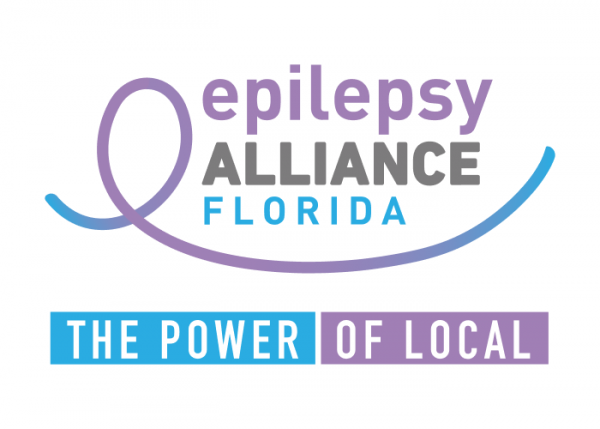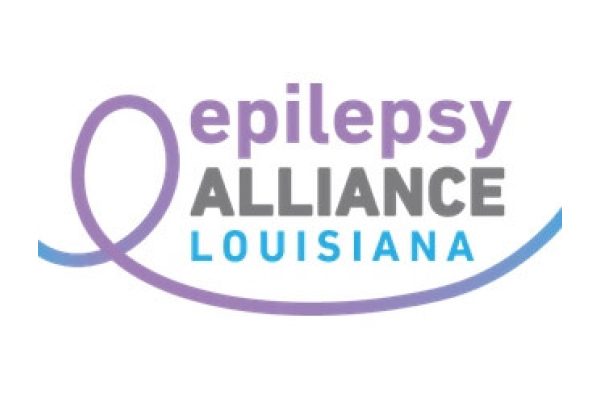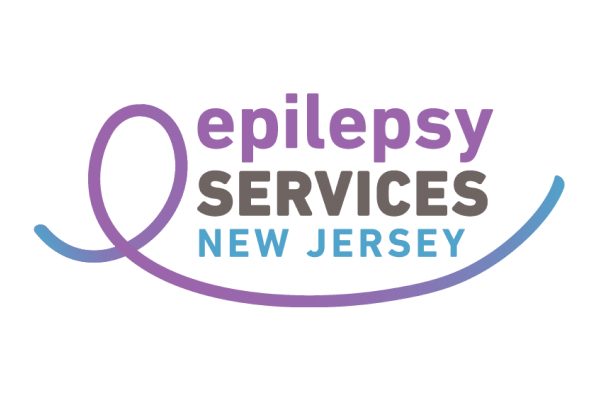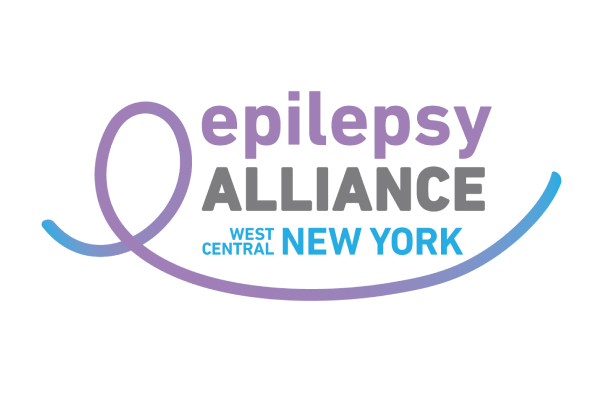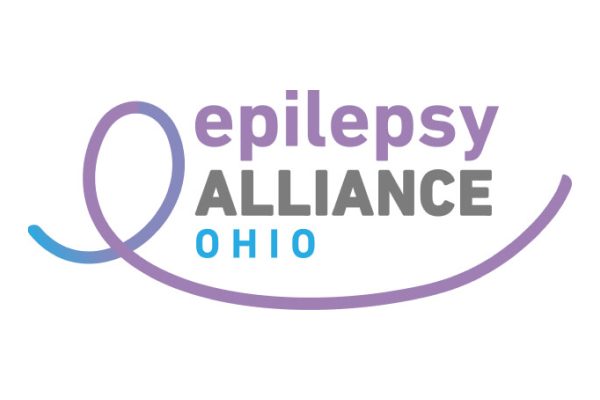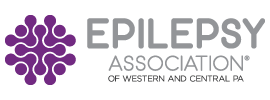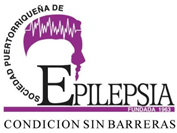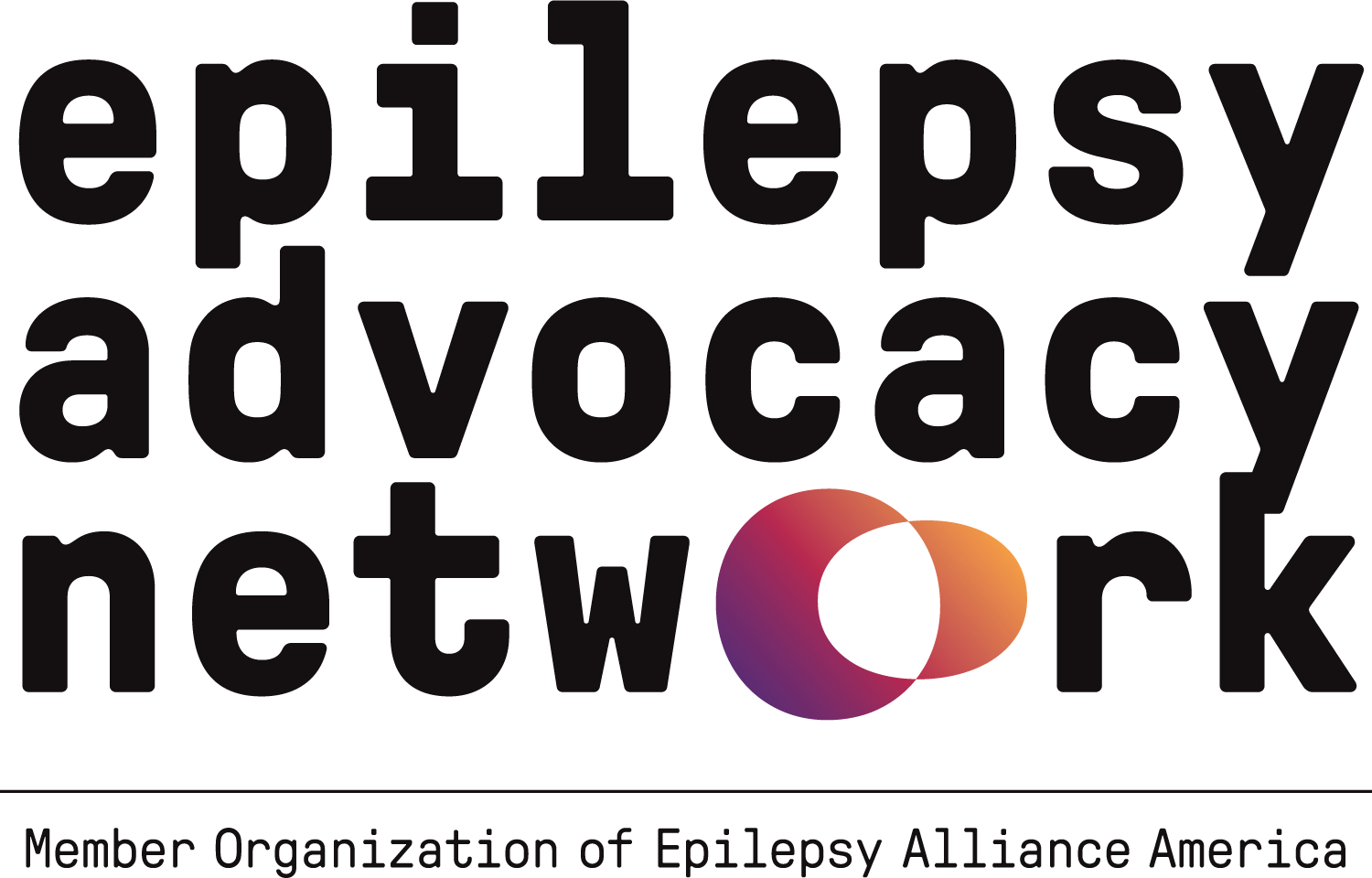Is epilepsy effecting your child’s academic performance?
The earlier parents and teachers are able to identify learning difficulties, the easier it will be to get your child on the right track. Most children with epilepsy can attend school and participate in everyday activities. Some children may need additional support.
Factors related to seizures
that can affect learning include:
- Difficulty following directions or paying attention
- Difficulty understanding or retaining information
- Lack of organization
- An increase in negative behaviors
- Being tired or having trouble staying awake
- Missing information during class if having absence seizures
- Missing school for doctor visits or hospital stays
There are two different policies followed by school districts that provide students with identified disabilities or certain medical diagnoses protection.
These two legal policies include:
- The Individuals with Disabilities Education Act (IDEA) covers children with specific conditions such as intellectual disabilities, emotional disturbances, speech and language difficulties and hearing impairments under special education.
- Section 504 of the Federal Rehabilitation Act protects children who need extra help in the classroom who don’t qualify for special education services under IDEA. This law prohibits schools from discriminating against students because of physical and mental impairments.
We can reach out about the rights of children with epilepsy in school and assist with special education services like Seizure Action Plans, 504 Plans and Individualized Education Programs. Several of our member organizations provide customized support for families who need it.
Check out the Member Organizations who have Special Education Advocacy Programs and Services.
Frequently Asked Questions (FAQs)
The way in which a child will qualify for services is the main difference between the two options. It is important to note that not every child with a disability will qualify for an IEP or 504 plan.
504 plans help children who do not qualify for special education services but still require accommodations such as special seating, extra time on tests or time to make-up work due to missing class for doctor appointments.
Under IDEA, an IEP requires that a student be fully evaluated for special education services in areas such as memory, cognitive functioning, executive functioning, reasoning, verbal and non-verbal communication, behavior, math, reading and/or writing skills. This evaluation paints a more precise picture the child’s strengths and challenges within the school environment. Once testing is completed, a team including the school psychologist and parents will devise special goals and outcomes in the areas a child needs extra help with. These goals are measurable and reviewed by the IEP team (including parents) annually. During this annual IEP meeting, goals will be adjusted and new measures put in place as the team recognizes areas of change.
An IEP places the child into the special education system based on their testing scores and requires that they receive specialized instruction to make progress in school. A 504 plan does not require the child to test into services, but rather provide accommodations your child needs to succeed in the classroom.
The concerns of children and the specific needs to be successful in an academic environment will depict which plan would be better for them. For example, speech services twice a week versus needing preferential seating in the classroom to minimize distractions.
When the student is able to function within the regular classroom environment with accommodations put into place, a 504 plan is the least restrictive.
When the student with a qualified disability requires more than just a few accommodations, an IEP is the better choice as specific services are put into place to monitor and evaluate the progress.
Want to Learn More?
You do not need to choose between an IEP or 504 Plan. When the school evaluates your child for services, the school will determine which law and services best apply to your child.
For more detailed information and helpful visual aids regarding the difference between a 504 and IEP, click here.
Click here for Pediatric Epilepsy Surgery Alliance’s free, self-paced course on Navigating the IEP Process.
Flyer: How to Advocate for Your Child at School (Download)

Content Updated October 18, 2022
Thank you to our Member Organization, Valley Chidren’s Hospital for providing the FAQs on this page.

The Special Education Advocacy page is made possible through the generous support of Jazz Pharmaceuticals

